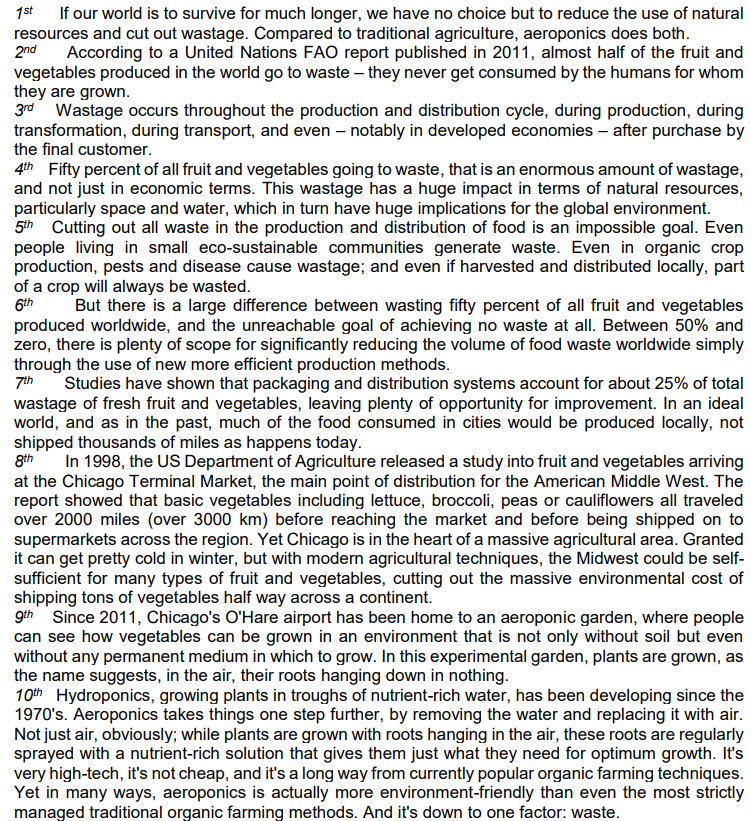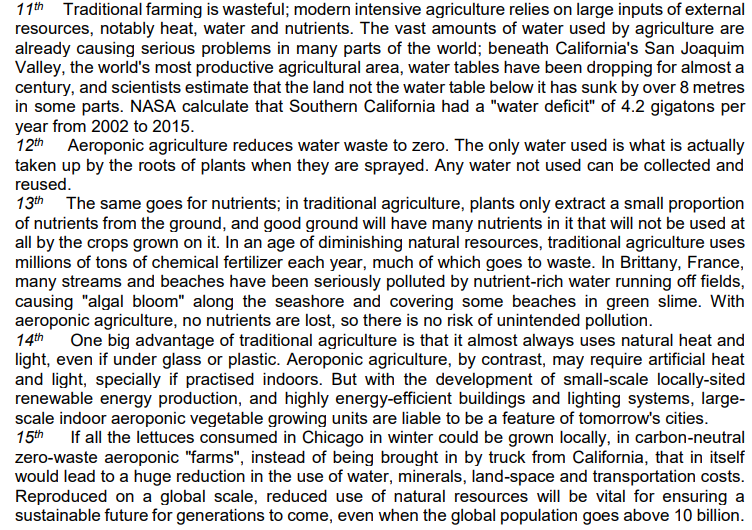Questões de Concurso
Sobre formação de palavras (prefixos e sufixos) | word formation (prefix and suffix) em inglês
Foram encontradas 162 questões











Based on the comic strip above, judge the following item.
The words “maintenance”, “medication” and “patients” have
suffixes which indicate that they are nouns.
Judge the following item according to the text above.
The words “newspapers”, “uncomplicated” and “ownership”
are examples words formed by a process called suffixation.
Judge the item from.
In the sentence “These days it can be unsafe to leave the
house” (lines 1 and 2), the prefix -un has the same
meaning as in the following words: unusual; undeniable;
and underground.
Prefixes and suffixes are elements of word formation. Choose the alternative that identifies and defines the prefix of the word transgender.
Assinale a alternativa CORRETA quanto, à formação de palavras, na Língua Inglesa.


“have proved to be dangerously unreliable”. Two words whose prefixes are semantically similar to the prefix in “unreliable” are present in insoluble and unfair.

Available at <https://www.usbank.com/financialiq/ manage-your--household/personal-finance/covid-economy-expert-insights.html>
A pair of words formed with prefixes that convey the same meaning is:
Text 3A1-I

Bill Watterson. Calvin and Hobbes. Internet: <https://www.gocomics.com>
The text was misspelled, she should rewrite it.
As palavras destacadas possuem algo em comum, pois elas são exemplos de:
The words below include examples of which lexical or phonological items?
✓ unhappy and incorrect
✓ hole and whole
✓ vehicle: car, bicycle
✓ fit and feet
Answers the question according to the text below.
TEXT I
